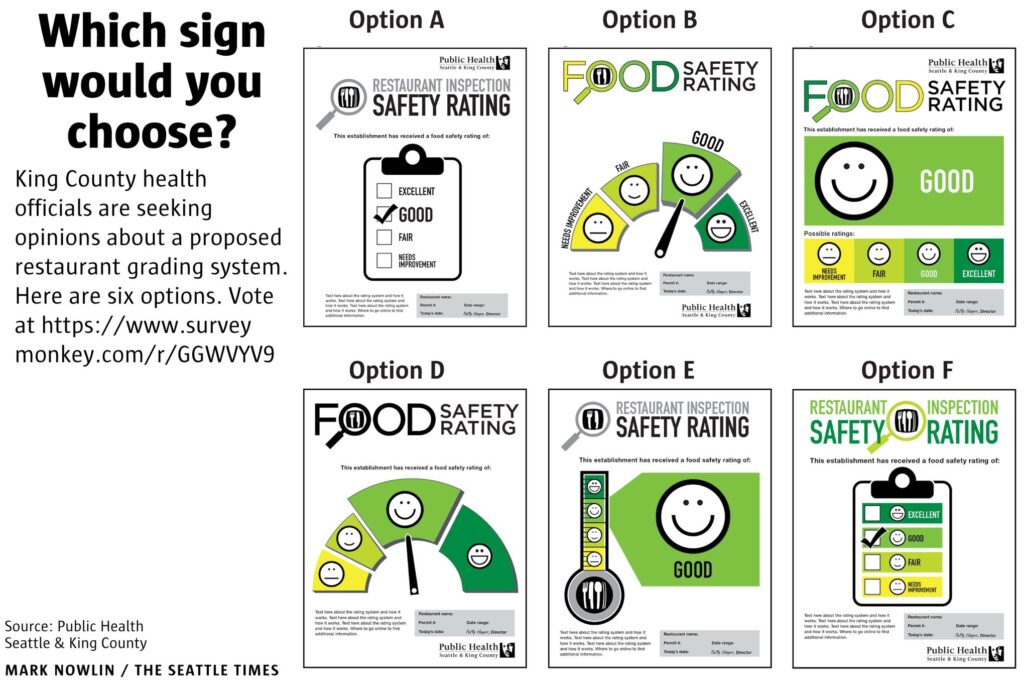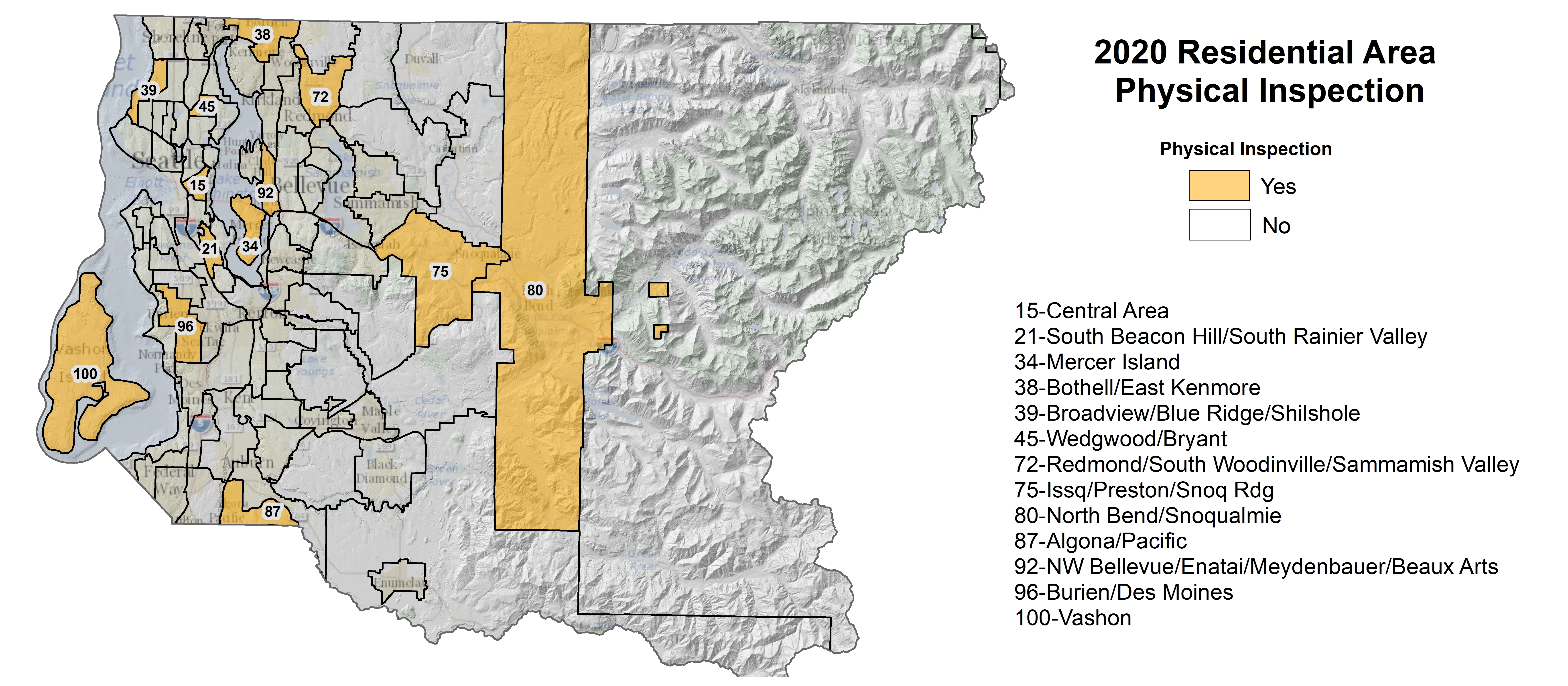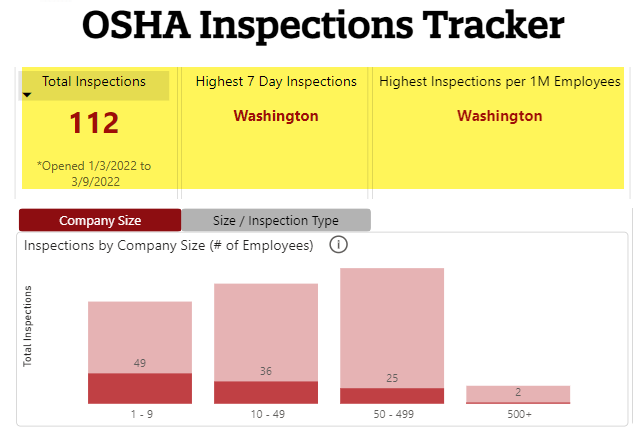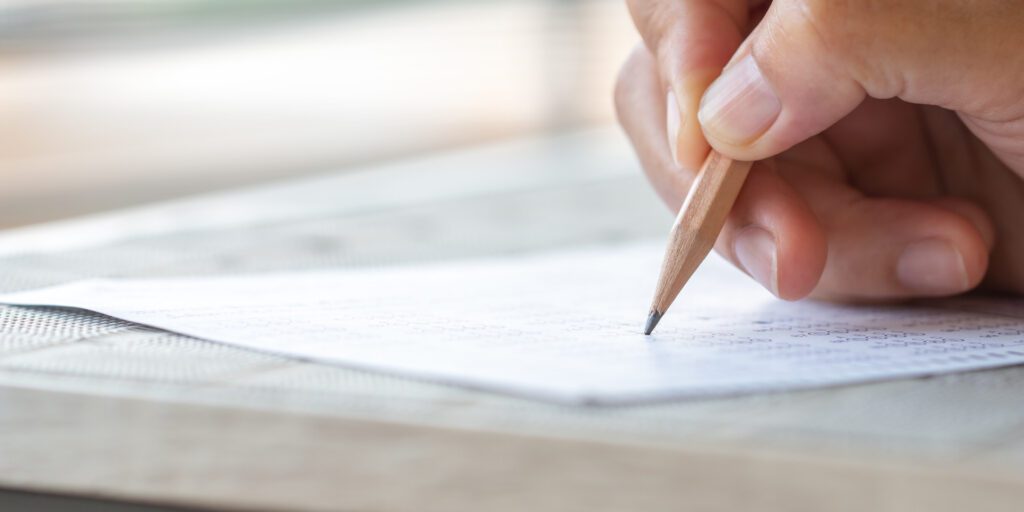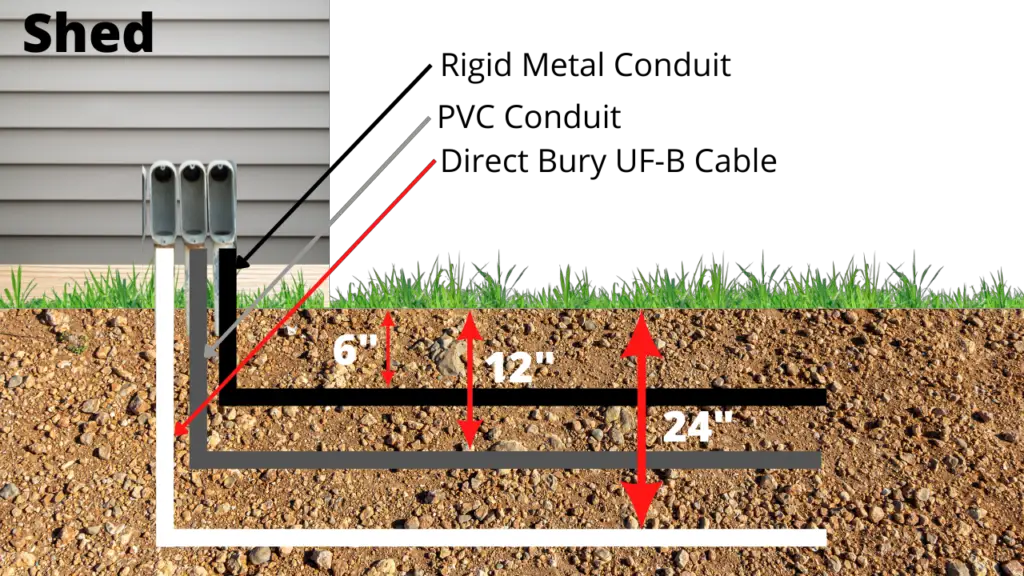If you’re looking to schedule an inspection in King County, you’re in luck! This article will guide you through the simple steps to book an inspection effortlessly. Whether it’s for a home, business, or any other property, the process is straightforward and hassle-free. So, if you’re ready to ensure the safety and compliance of your property, let’s get started on scheduling that inspection in no time!
The Importance of Inspection
Ensuring Safety and Compliance
Inspections play a crucial role in ensuring the safety and compliance of buildings and structures. Whether it’s a residential property or a commercial building, regular inspections are necessary to identify any potential issues that may compromise the safety of occupants and visitors alike. By adhering to inspection protocols and standards, you can maintain a secure environment, mitigate risks, and prevent accidents or structural failures.
Compliance with building codes and regulations is another essential aspect of inspections. These codes are put in place to ensure that structures are constructed and maintained to specific standards. By conducting inspections, you can verify if the building or property meets these requirements. Compliance not only protects the safety of individuals but also maintains the overall quality and integrity of the structure.
Identifying Potential Issues
One of the primary purposes of inspections is to identify any potential issues before they escalate into significant problems. Inspectors are trained to look for structural deficiencies, electrical hazards, plumbing leaks, and other issues that may not be immediately apparent. By detecting these problems early on, you can address them promptly and prevent further damage or expenses down the line.
Inspections also help identify issues related to the building’s functionality and efficiency. For example, a mechanical inspection can assess the HVAC system’s performance and identify any inefficiencies that may result in energy wastage. By addressing these issues, you can improve the overall functionality and sustainability of the building.
Meeting Legal Requirements
In addition to safety and compliance, inspections are often a legal requirement. Various jurisdictions have specific laws and regulations that outline the need for regular inspections and certifications. Failure to comply with these legal requirements can result in penalties, fines, or even forced closures.
By conducting inspections and obtaining the necessary certifications, you ensure that you are meeting all legal obligations. This not only protects you from potential legal consequences but also demonstrates your commitment to providing a safe and compliant environment for the occupants of your property.
Types of Inspections
Building Inspections
Building inspections are comprehensive assessments of the structural integrity, safety features, and compliance of a building. These inspections encompass various aspects, including the foundation, walls, roofing, electrical systems, plumbing systems, and fire safety measures. Building inspections are essential when constructing a new building, performing renovations or alterations, or when purchasing a property.
Electrical Inspections
Electrical inspections focus specifically on the electrical systems and components of a building. Experienced electricians, often employed by the local municipality or an independent inspection agency, conduct these inspections. They check for any electrical code violations, faulty wirings, outdated components, or potential electrical hazards that may pose a risk to the occupants of the building.
Plumbing Inspections
Plumbing inspections assess the functionality, performance, and safety of a building’s plumbing system. These inspections are particularly important because plumbing issues can lead to water damage, mold growth, and sanitation concerns. A thorough plumbing inspection includes examining pipes, fixtures, drains, water heaters, and any other components related to the plumbing system.
Mechanical Inspections
Mechanical inspections typically focus on the heating, ventilation, and air conditioning (HVAC) system of a building. These inspections ensure that the HVAC system is functioning optimally, provides appropriate air quality and temperature control, and operates efficiently. Mechanical inspections also evaluate the compliance of the system with relevant codes and standards.
Fire Inspections
Fire inspections are conducted to ensure compliance with fire safety regulations and to identify any potential fire hazards. These inspections assess the presence and functionality of fire alarms, sprinkler systems, emergency exits, fire extinguishers, and other fire safety features. Fire inspections are critical in maintaining a safe environment and preventing the spread of fires in case of an emergency.
Understanding the Process
Researching Code Requirements
Before scheduling an inspection, it is crucial to research and understand the specific code requirements for your property or project. Building codes vary based on location and type of property, so familiarizing yourself with the applicable codes is essential. Whether it’s the International Building Code (IBC), National Electrical Code (NEC), or local plumbing and mechanical codes, understanding these regulations is vital for a successful inspection process.
Preparing for the Inspection
Preparing for an inspection involves several important steps. First, gather all the required documents related to the building or project. These may include permits, architectural plans, electrical or plumbing diagrams, and any other relevant paperwork. Ensure that these documents are organized, easily accessible, and in compliance with local regulations.
Next, confirm that the property is ready for inspection. This may involve checking that all construction or renovation work is complete, ensuring access to all areas of the building, and verifying the functionality of essential systems. It is also important to secure any necessary permits or approvals before scheduling the inspection.
Scheduling the Inspection
Once you have researched the code requirements and prepared for the inspection, it is time to schedule the inspection. Contacting the permitting office is the first step in this process. The permitting office is responsible for overseeing inspections and can provide guidance on the requirements and procedures specific to your location.
When contacting the permitting office, be prepared to provide essential information such as the property identification, permit number, and the type of inspection you need. This information helps ensure accurate scheduling and proper coordination with the inspectors.
Choosing a preferred date and time for the inspection is the final step in scheduling. Consider the availability of all parties involved, including yourself, contractors, and any other individuals who need to be present during the inspection. Coordinating schedules is essential to ensure a smooth inspection process.
Researching Code Requirements
Determining Applicable Codes
Determining the specific codes applicable to your property is essential for a successful inspection process. Codes can vary depending on factors such as the location, type of building, and the nature of the project. Consult local building departments, regulatory websites, or professional resources to identify the codes relevant to your situation.
Reviewing Code Documentation
Reviewing code documentation provides valuable insights into the requirements that inspectors will assess during the inspection. Code documentation typically includes detailed guidelines, diagrams, and illustrations that help ensure compliance. Take the time to carefully review this documentation to understand what inspectors will be looking for during their assessment.
Identifying Specific Requirements
While codes provide general guidelines, they often have specific requirements that must be met. These requirements can range from material specifications to installation methods and safety precautions. Identifying these specific requirements enables you to address them adequately before the inspection takes place. By understanding and fulfilling these requirements, you increase the chances of a successful inspection outcome.
Preparing for the Inspection
Gather Required Documents
Collecting all the necessary documents before the inspection is crucial to ensure a smooth process. These documents may include construction plans, permits, technical specifications, and any other related paperwork. Having these documents readily available during the inspection allows the inspector to verify compliance easily.
Ensure Property Readiness
Before the scheduled inspection, make sure the property is fully ready for assessment. This entails completing any construction or renovation work and addressing any deficiencies or safety concerns. Ensure that access is available to all areas of the building, including crawl spaces, attics, basements, and mechanical rooms. It is also important to address any immediate concerns that may hinder the inspection process.
Secure Necessary Permits
Depending on the nature of your project or property, you may be required to secure specific permits before the inspection can take place. These permits may relate to construction, electrical work, plumbing modifications, or other alterations. By obtaining the necessary permits in advance, you demonstrate compliance and avoid potential delays or penalties during the inspection.
Scheduling the Inspection
Contacting the Permitting Office
To schedule an inspection, reach out to the permitting office responsible for your area. The permitting office is the central point of contact for coordinating inspections and can provide you with guidance on the specific procedures and requirements. You can typically find the contact information for the permitting office on their website or by calling the main administrative line.
Providing Essential Information
When contacting the permitting office, be prepared to provide essential information regarding your property or project. This includes the property identification, permit number, and the type of inspection you are requesting. By supplying this information, you enable the permitting office to accurately schedule the inspection and assign the appropriate inspector with the necessary expertise.
Choosing a Preferred Date and Time
After providing the necessary information, you will be asked to choose a preferred date and time for the inspection. Consider scheduling the inspection at a time that is convenient for all parties involved, such as yourself, contractors, and any other individuals who need to be present. If the preferred date is not available, alternative options may be discussed to ensure a timely inspection.
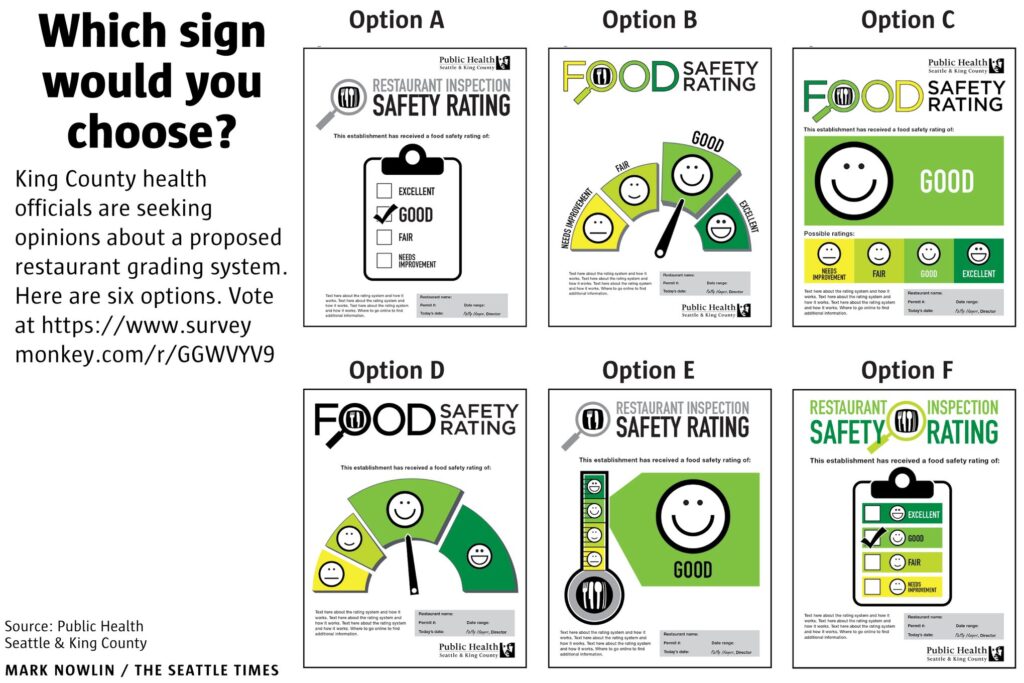

Contacting the Permitting Office
Finding Contact Information
To contact the permitting office, look up their contact information on their official website or in the local government directory. Most permitting offices have a dedicated phone line, email address, or an in-person office where you can seek assistance. Take note of the contact information to facilitate efficient communication throughout the inspection process.
Visiting the Office in Person
If you prefer face-to-face communication, consider visiting the permitting office in person. This allows you to discuss your inspection needs directly with the staff, clarify any uncertainties, and obtain any additional information or forms required. In-person visits can be especially helpful if you have complex or unique inspection requirements.
Calling or Emailing the Office
If visiting the permitting office in person is not feasible, you can contact them via phone or email. Calling or emailing the office allows you to ask questions or seek clarification on the inspection process. Be prepared to provide the necessary information and have any relevant documents or permits on hand during the call or in your email correspondence.
Providing Essential Information
Property Identification
When scheduling an inspection, providing accurate property identification is crucial. This typically includes the property address, unit number (if applicable), and any additional identifying details that may be required. Accurate property identification ensures that the inspection is scheduled for the correct location and avoids any confusion during the process.
Permit Number
The permit number is another essential piece of information to provide when scheduling an inspection. This number identifies the specific project or construction activity for which the inspection is required. Including the permit number allows the permitting office to associate the inspection request with the appropriate records and project details.
Type of Inspection
Clearly specifying the type of inspection you require is important for proper scheduling. Common types of inspections include building inspections, electrical inspections, plumbing inspections, mechanical inspections, or fire inspections. By accurately indicating the type of inspection, the permitting office can assign the appropriate inspector with the necessary expertise.
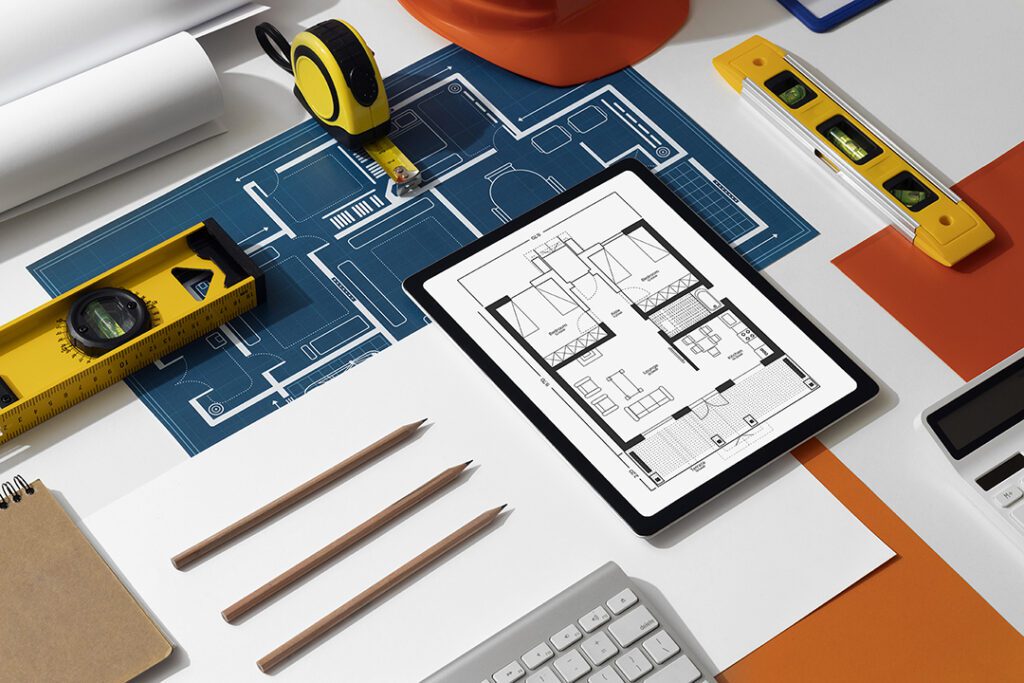

Choosing a Preferred Date and Time
Considering Availability
When choosing a preferred date and time for the inspection, consider the availability of all parties involved. This includes yourself, contractors, tenants (if applicable), and any other individuals who may need to be present during the inspection. Coordination and availability are crucial to ensure that the inspection can be conducted effectively and without any unnecessary delays.
Coordinating with Other Parties
If there are multiple parties involved in the inspection process, it is essential to coordinate with them when scheduling a date and time. This coordination ensures that everyone is aware of the inspection schedule, can adequately prepare their respective areas, and are available to answer any questions or address any concerns during the inspection.
Rescheduling Options
In some instances, it may be necessary to reschedule the inspection due to unforeseen circumstances or conflicts in scheduling. When choosing a preferred date and time, discuss potential rescheduling options with the permitting office. Understanding the rescheduling process and any associated requirements can help facilitate a smoother inspection experience if changes need to be made.
Confirmation and Follow-Up
Receiving Confirmation
After scheduling the inspection, you should receive confirmation of the scheduled date and time from the permitting office. This confirmation typically takes the form of an email, phone call, or written notification. Review the confirmation details to ensure accuracy and retain this information for future reference.
Preparing for the Inspection
With the inspection date confirmed, take the time to finalize your preparations. Ensure that all required documents and permits are readily available, and the property is fully prepared for assessment. Address any outstanding issues or deficiencies that were identified during the preparation phase. Adequate preparation sets the stage for a successful inspection.
Following Up with Inspectors
It is beneficial to follow up with inspectors once the inspection is complete. This provides an opportunity to clarify any findings, seek recommendations for any necessary repairs or improvements, and ensure that you fully understand the inspection results. Following up with inspectors demonstrates your commitment to addressing any concerns and maintaining a safe and compliant property.
In conclusion, inspections are an essential aspect of property maintenance, construction, and compliance. By understanding the importance of inspections, knowing the different types available, and comprehending the process of scheduling and preparing for inspections, you can ensure the safety, functionality, and legal compliance of your property. Remember to research and adhere to code requirements, gather necessary documentation, schedule the inspection, and follow up appropriately to ensure a successful inspection outcome.

